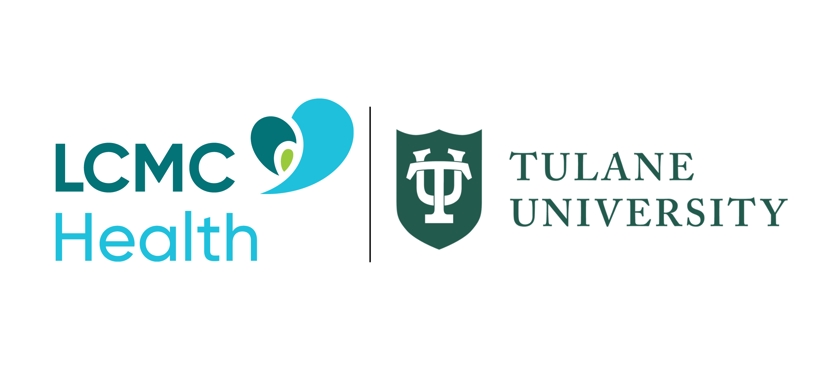What's the difference between a PCR and rapid test for COVID-19?
- Category: New Orleans, Community, COVID-19, Health & Wellness
- Posted on:
You're probably hearing a lot about COVID-19 testing following the announcement from the City of New Orleans about the new indoor vaccine guidelines. You're also probably hearing about the "PCR test," which is part of the new City vaccine guidelines.
But what is a PCR test? And how is it different from other COVID-19 tests? Let's start from the top.
RELATED: Vaccine Card 1010: Safeguarding, replacing, and what's needed for indoor events
Two types of COVID-19 tests: Diagnostic and Antibody
Diagnostic tests, which include the PCR test, show if an active infection is present in a person's body. Samples for diagnostic tests are typically collected with a nasal or throat swab or by collective saliva into a tube.
Diagnostic tests: Molecular v. Antigen
Within the category of diagnostic tests, there are different types:
- Molecular
- Antigen
While both a molecular and antigen test will detect COVID-19 in the body, they each follow a slightly different process.
A molecular test actually detects RNA (or genetic material) that is specific to the COVID-19 virus and can be used within days of infection, even without symptoms. A PCR test is a type of molecular test and usually takes longer to get results. A molecular test cannot show if someone has had COVID-19 in the past. Molecular tests are highly accurate and usually do not need to be repeated.
An antigen test, commonly called a rapid test, detects protein fragments specific to COVID-19. Turnaround time is usually very quick for an antigen test, and they are considered to be most accurate when used for a person who is having symptoms of COVID-19. However, the results may not always be accurate. Negative results may need to be confirmed with a molecular test. Like the molecular test, an antigen test cannot show if you've had COVID-19 in the past.
Antibody test
An antibody test for COVID-19 will check your immune system for antibodies that have been produced to fight SARS-CoV-2, the virus that causes COVID-19. Antibody tests should not be used to diagnose an active COVID-19 infection, however, it will show if a person has been infected with COVID-19 in the past.
Antibodies can take several days or weeks after infection to develop and may stay in your blood for several weeks or more after recovery.
Antibody tests require a blood sample which is typically taken from a finger prick or blood draw. Results for an antibody test can be as soon as the same day or may take several days, depending on the proximity of the laboratory that is processing the blood sample.
Sometimes, a second antibody test is needed for accurate results.
False-negative
There is a chance that some tests may result is in what's called a "false negative." A false negative means the test result is negative, but the patient actually has COVID-19.
If a false negative occurs with an antigen test, the recommendation is to take a molecular test for confirmation. This is especially encouraged for those who've had a high-risk exposure. A high-risk exposure is considered more than 15 minutes of contact within a COVID-positive person within a 24-hour period and within six feet of that person.
Preventing the spread of COVID-19
- If you can do an activity outdoors instead of indoors, do it outdoors
- Follow good hygiene practices (wash your hands vigorously & frequently, & don’t touch your face)
- Stay away from crowded settings
- Work virtually if possible
- If you suspect you have been exposed to COVID-19, get tested immediately
- If you’re in an at-risk group, be extra careful
Where to get the COVID-19 vaccine
The vaccine is available at over 1,400 providers across Louisiana, including LCMC Health and its six-member hospitals.
Across the state, vaccine providers include national and independent pharmacies, public health providers, clinics and physician offices, hospitals, and others.
For vaccine information or to schedule an appointment with a local provider, call 855-453-0774 (statewide number) or 504-290-5200 (LCMC Health vaccine hotline).

